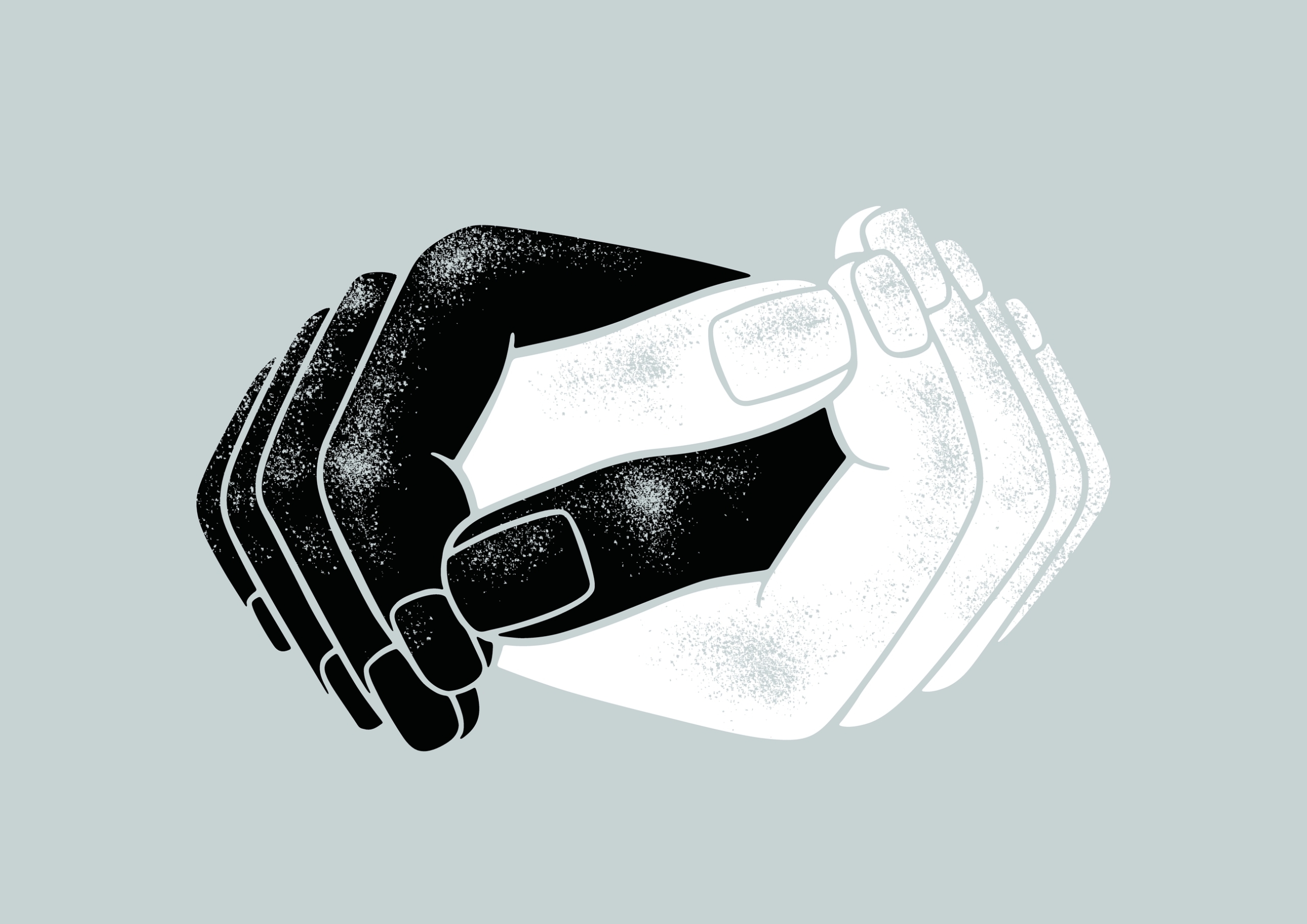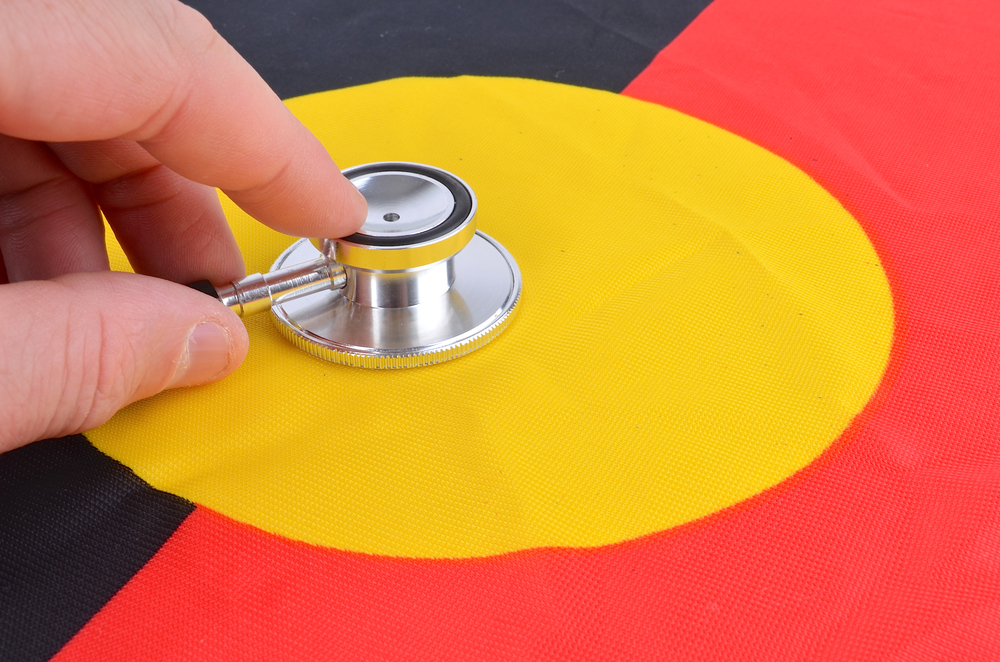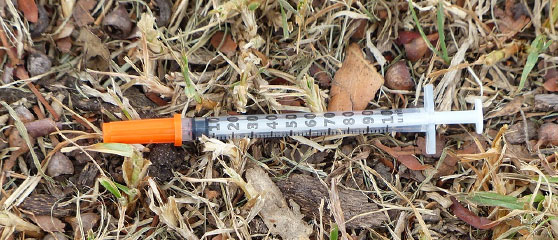People who take prescribed opioids or other heavily stigmatised drugs sourced from a doctor try hard to differentiate themselves from so-called “junkies” who buy chemically similar drugs from the illicit market. I find this incredibly peculiar. After all, there is quite some overlap between patients who struggle with chronic pain and people who use illicit opioids, with many of the latter self-medicating because they were unable to access the medications they need from a doctor. Also, considering how many people use opioids to cope with childhood trauma and other forms of emotional pain, these two groups have far more in common than they might initially realize. Whilst physical and mental anguish differ, they are both forms of human suffering which require empathy from others, as well as collective work to alleviate.
It’s understandable why people who take opioids for pain tend to insist that they aren’t “addicts” or “drug-seekers”. After all, they don’t want to be seen or treated like “junkies”. But, honestly, neither do most of so-called “junkies”. People using illicit opioids – whether problematically or not – are just as worthy and valuable humans as those with opioid prescriptions. We are not the absurd zombie stereotypes from sleazy Hollywood movies, but human beings with the same inherent worth and potential as anyone else. This potential is only limited by criminalisation, which imposes records that dehumanise us, limiting our access to jobs, housing and other forms of services that most people can usually access with no issues.
Most illicit opioid users want the same thing as chronic pain patients: to be treated like human beings, and ideally able to access a legally regulated supply of our drugs of choice to avoid the potential dangers of the illicit market or criminalisation. Those struggling with addiction likely desire evidence-based treatment that acknowledges their humanity and builds them up, rather than punishing or humiliating them endlessly.
Ideally, both options would be integrated into the mainstream healthcare system, allowing people to discuss their drug use with healthcare professionals without facing stigma. As harm reductionists, we should be natural allies of people with chronic pain, who desire medicinal access without having to undergo intense surveillance like urine screenings. Luckily, an increasing number of chronic pain patients realise this and ally themselves with harm reductionists. However, more progress is still needed. We cannot progress if people continue to justify their access to medicine by distancing themselves from “those junkies” that lack the same access and opportunity as they do.
The harms of binary and natural distinctions
There’s a similarity between the simplistic binary of medical vs. recreational drug use, and between people who use less stigmatised illicit drugs (like psychedelics) vs. those who use heavily stigmatised ones (like opioids). Both are based on knee-jerk emotional reactions rather than any evidence. Decades of dehumanising depictions of people who use drugs, both in fiction and news, has turned us into inhuman creatures from pulp horror comics, rather than as complex and multifaceted human beings, with the same motivations and emotions as everyone else. This effect is amplified if you use stigmatised drugs.
But we really aren’t so different from anyone else. Our drug use does not define us nor negate our humanity, our qualities, our uniqueness.
Advocates of cannabis and plant-based psychedelics often point to the fact that these substances come from nature, in an attempt to justify their use as somehow more better than other drug use. These arguments frequently (or purposefully) forget where opium comes from, or conveniently omit the very manufactured provenance of LSD. And while some other drugs may be processed from opium itself, they are substances produced naturally from the poppy papaver somniferum.
The idea that something from nature is inherently moral or healthier is a logical fallacy that pervades the drug reform movement. Natural doesn’t mean “good,” “safe,” or “fit for human consumption.” Death cap mushrooms are perfectly natural, but as the name suggests, they really shouldn’t be eaten. We must have a healthy respect for the very real dangers of nature instead of assuming that a natural presence indicates safety or virtuosity.
Another common argument morally supporting less-stigmatised drugs is their relative safety profile. Yet “safer” doesn’t mean “entirely safe”. Just look at psychedelics, a class of powerful drugs that should not be consumed lightly. Certainly, they are significantly less risky than other substances, but not wholly harmless nor beneficial for all who consume them.
And while trip sitters and other interventions can help, there are challenges and risks that come from framing powerful drugs as “safe” to ensure they are legally regulated. Cannabis’ (and increasingly psychedelics’) acceptance in society has made the conversation about their harms and how to address them easier than ever; but we can’t forget that it wasn’t too long ago that they were considered to not have any benefits at all, medical or otherwise. In fact, across the world they continue to scheduled as incredibly harmful substances.
Cannabis and psychedelic advocates should be reminded that the journey to accept the use of their drugs of choice began in a similar place to that of opioids and other stigmatised drugs. We must be careful when implying that any type of drug carries no risk; this is simply not true, and not helpful to the movement.

We cannot continue prohibition
Even with drugs largely regarded as benign, harm reduction is always needed. So long as prohibition stands, reducing drug-related harms will always be a challenge. This is exacerbated by criminalisation, which can limit access even to basic harm reduction materials like drug testing kits, syringes and methadone. Prioritising the legalisation of psychedelics and cannabis by encouraging distinctions between them and “bad” drugs reproduces a new kind of prohibition. This evolution continues to neglect the potential dangers of the “good” drugs, while perpetuating the oppression of the “bad” ones – including the people that use them.
If psychedelics and cannabis are legalised, yet other drugs and their users continue to be banned and persecuted, this prohibitionist logic lives on.
These half-measures of legalisation are hypocritical and largely unhelpful to the movement. So long as we continue to divide drugs into “good” vs. “bad”, or “medical” vs. “recreational”, we will never make true drug user rights’ progress. Instead, we should recognise that all substances come with their distinct profile of dangers and benefits, however their used. The harms are exacerbated by their criminalisation; nobody should be punished for what they choose to ingest, especially if they are aware of the risks of consumption.
Those advocating solely for the legalisation of psychedelics, and those who largely want to end the war on all drugs, should be natural allies. Their goals are almost entirely aligned. Advocates of cannabis and psychedelics do not have to negate, put down, or distance themselves from those with more radical visions of ending prohibition. Ending this oppressive system and replacing it with one that prioritises public health and bodily autonomy would benefit all.
Rather than fighting amongst ourselves to gain access to some drugs at the cost of others, we could work together in drug user solidarity, ending prohibition once and for all.


